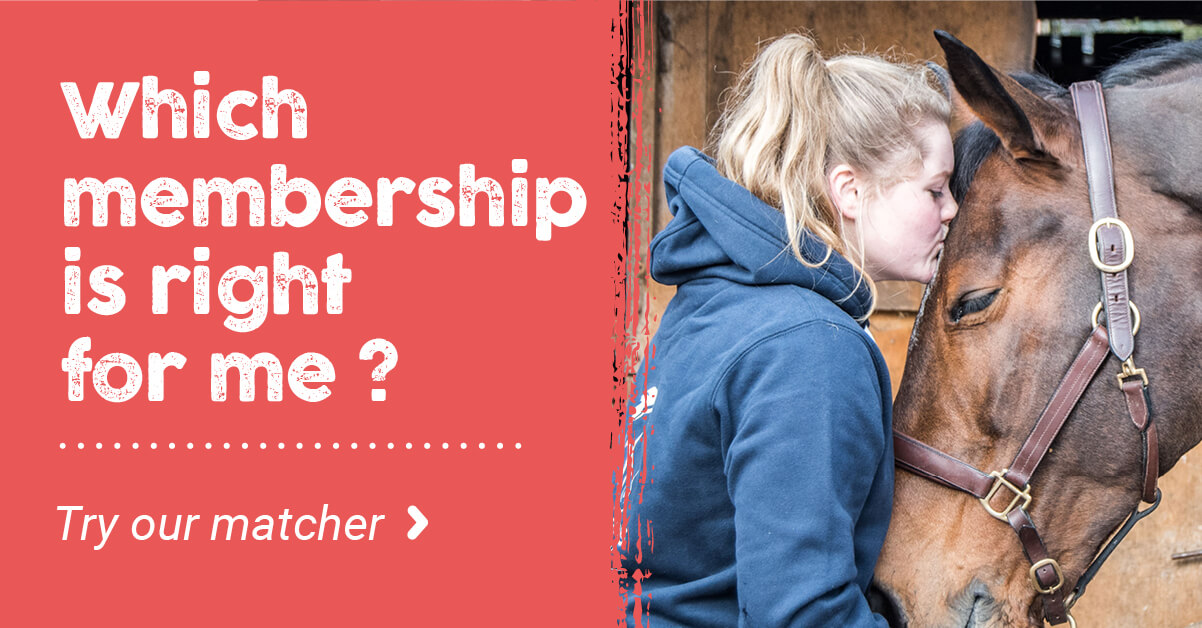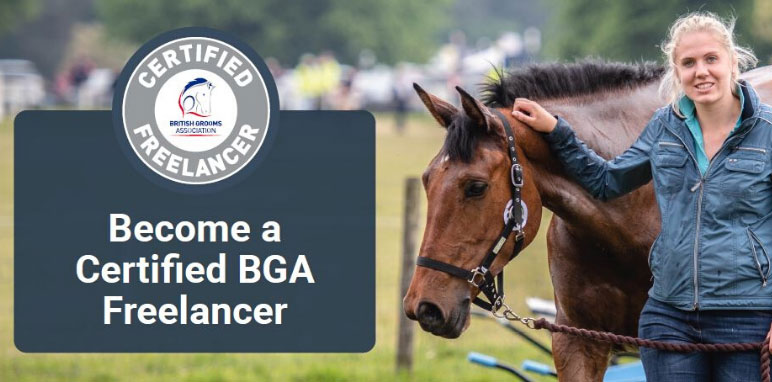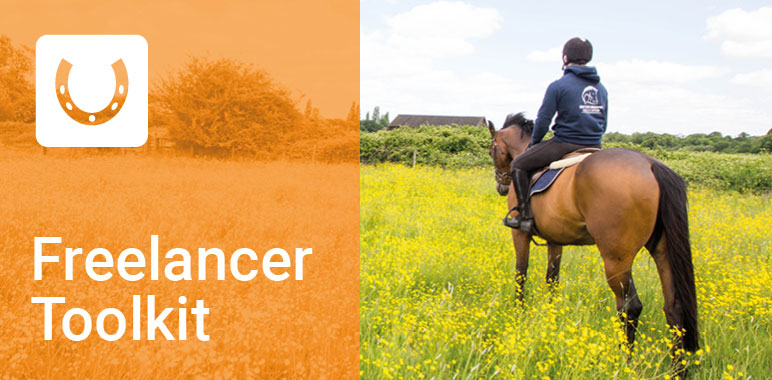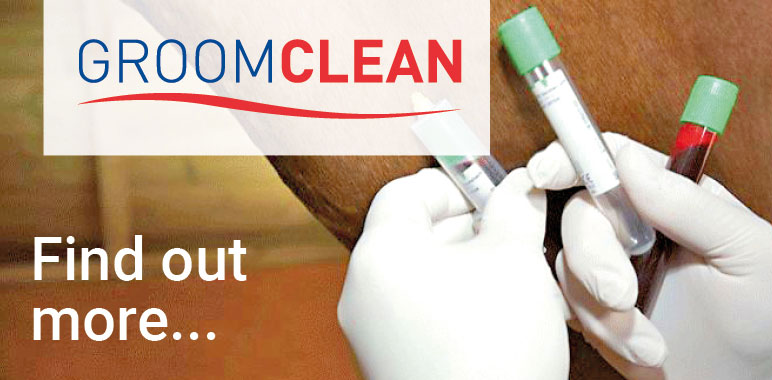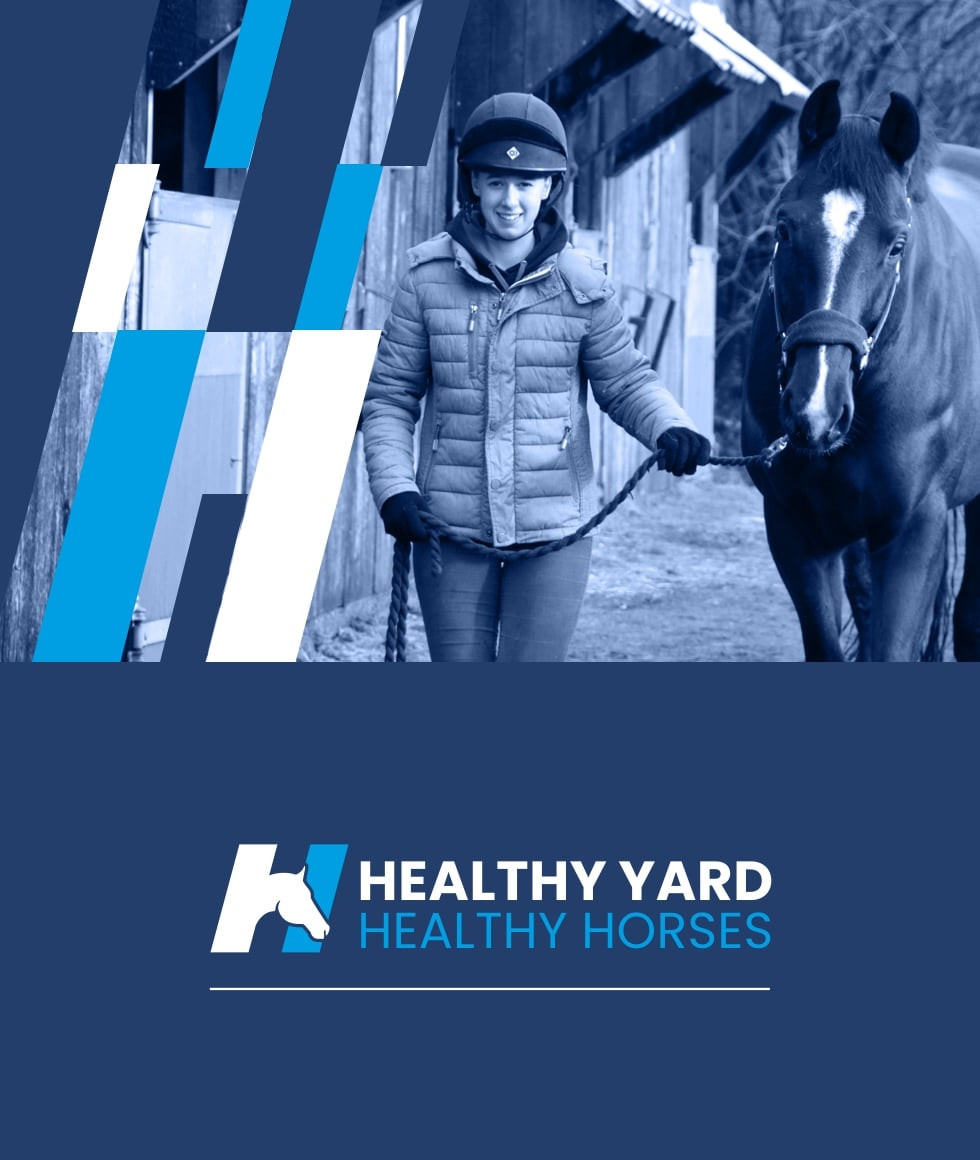- Join Now
- Login
- Member Zone
- Your Career
- Freelancing
- International Grooms Association
- BGA Training
- Healthy Yard Healthy Horses
- Transporting horses
- Brexit
- Safe workplace
- Student Zone
- Member Discounts
- BG Magazine
- Member services
- Training & Careers
- BGA CV Creator
- Horse groom training
- Where to Train
- BGA E Learning
- Career choices
- Change to Racing
- First Aid training for grooms
- Parents
- Grooms Jobs
- Grooms Life
- About
- News
- Contact

Historic agreement addresses work-life balance for Racing
6th December 2018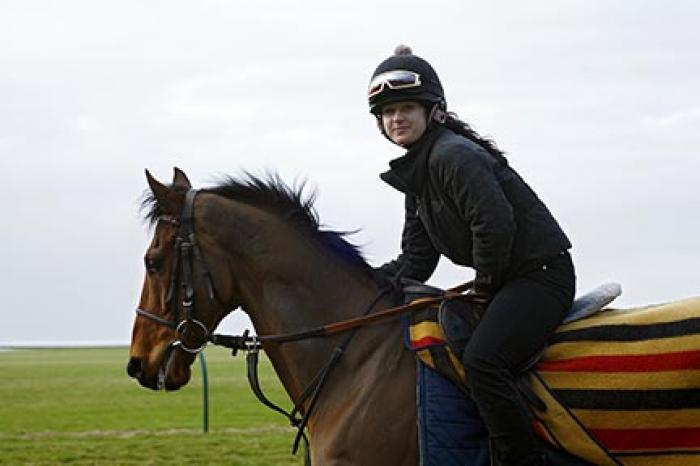
Significant steps have been taken towards addressing the work-life balance for racing staff following an historic agreement announced by the National Joint Council for Stable Staff (NJC).
The agreement, which will be implemented with effect from Monday, 10 December, introduces greater flexibility into the way working hours are agreed between trainers and their staff.
Previously rotas set out in the Memorandum of Agreement were calculated on the basis of a total of 85 hours over a two-week period. The new agreement ratified by the NJC, which comprises representatives of the National Trainers Federation (NTF) and the National Association of Racing Staff (NARS) is based on a 40-hour week with minimum rates for this period increased by 4%.
This is balanced by a change in overtime rates. Overtime worked in the yard above 40-hours to ensure 7-day care for horses will be paid at a single rate of time and a half. Previously, hours on a Sunday were paid at double time. The net effect will depend on specific arrangements in individual yards but is forecast to be 2.2%.
NARS Chief Executive George McGrath said, “We commend the NTF for enabling us to overcome the final obstacle in allowing us to promote this vital industry role as a career which can be vibrant, exciting and rewarding, and is on a par with other occupations that deliver and enable a modern lifestyle.
“For many years achieving a decent quality of life for our members has been equally as important increasing rates of pay and we are delighted to have been able to negotiate this agreement.”
A commitment to a minimum of five hours on Saturday mornings remains an integral part of the standard contract ensuring that trainers are able to guarantee a sufficient level of cover at the busiest time of the week, although this will remain on the NJC’s agenda for monitoring and review.
Rupert Arnold, Chief Executive of the NTF said, “In recent years both the NTF and NARS have aspired to introduce more flexibility in the pattern of working hours. While the National Joint Council has been searching for a mutually agreeable definition, trainers have been adopting a variety of new ways of working. This is now reflected in the Memorandum of Agreement, which dispenses with a default working week and removes any obstacles to new working patterns.”
The NJC, a partnership between the two bodies representing racing staff and their employers, meets regularly to review working practices and pay and conditions in Britain’s licenced training yards, and approved the formation of a Working Party to consult on the issue of additional time off for employees in 2016, which has been widely regarded as a potential barrier to the recruitment and retention of stable staff.
For more information on issues connected to racing, or to find out more about a career in racing have a look at our sponsors Careers in Racing.
What the personal accident policy covers you for:
- Whilst at work
- All stable duties – mucking out, grooming, washing off, turning out
- Clipping
- Riding – including hacking and jumping
- Hunting
- Lunging
- Breaking in
- Holding horse for a vet and other procedures
- Travelling horses both in the UK and abroad
- Competing in line with your job including: jumping, dressage, eventing
- Injuries that may happen to you whilst you are teaching - but you must also be grooming as part of your duties and not be a sole instructor
What the personal accident policy doesn’t cover you for:
- Riding in a race, point to point or team chase
- Stunt Riding
- Accidents occurring whilst travelling to and from work
- Riding and competing your own horse (but you can upgrade when applying for membership to include this)
- Public Liability – this is a separate insurance policy - the Freelance Groom Liability Insurance
- Care Custody and Control – this is a separate policy - the Freelance Groom Liability Insurance
If you require additional cover then please contact KBIS directly.
| GROOM | RIDER | EMPLOYER | |
|
When you are working for other people you do most of the following; muck out, turn out/catch in, tack up, groom horses, exercise Horses (including hacking, jumping and schooling), in the care of your employer/client. |
|
|
|
| Predominantly ride horses for other people including schooling, exercising and competing. | NO |
YES |
YES |
| Provide grooming services for someone else either full time or on a freelance basis i.e. an employer or a client. | YES |
NO |
NO |
| Employ staff – have an employers liability policy in your name | NO | NO | YES |
| Buy and sell horses | NO | YES | YES |


